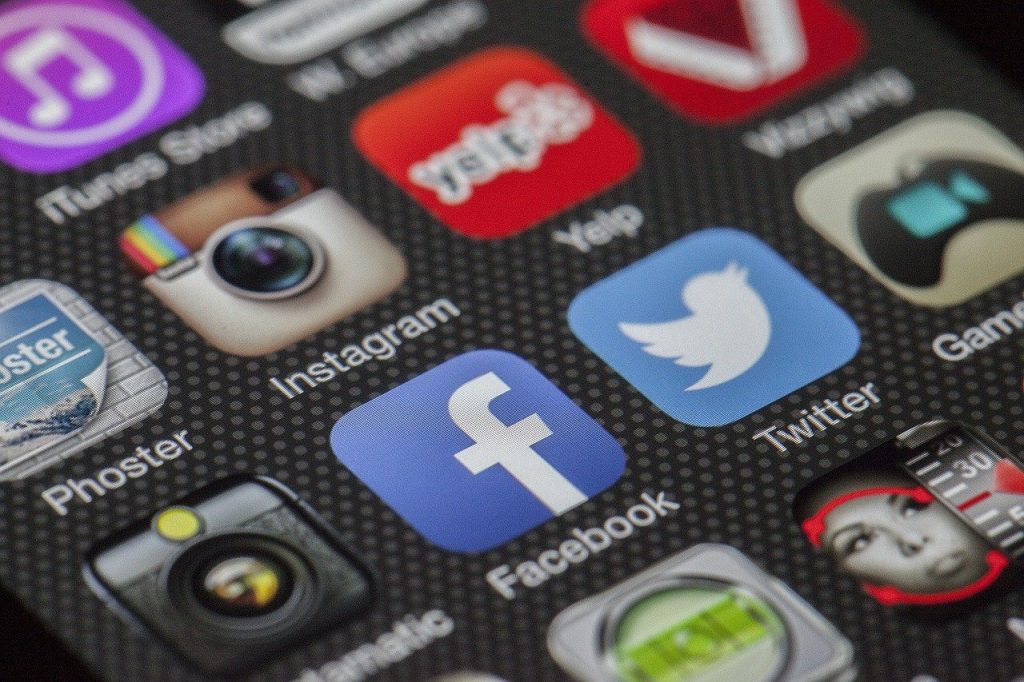Most of the time, we complain about the rate at which our data depletes when using different apps on our android phones. In recent years, mobile data usage has skyrocketed. Apps have become more data-hungry and are constantly pushing new versions for an update. Earlier, web surfing used to be mostly text-based as not much development happened in web technologies. But nowadays, surfing the internet has gone beyond texting. We have video games, watching videos via YouTube and other means as well as different social networks draining our data. Here are some tips on how to save data on your mobile devices.

Limit your data usage in Android Settings.
Setting a limit to your monthly data usage is the easiest thing you can do to avoid using surplus amounts of data without your knowledge. You can limit your mobile data usage on Android via the Settings app.
Head over to the Settings and tap on Data Usage>>Billing Cycle>>Data limit and billing cycle. There you can set the maximum amount of data you intend to use in a month. Additionally, you can also opt for automatic disconnection from the network once the data limit is reached.
Restrict App background data
Some apps keep consuming mobile data even when the smartphone is not in use. Background data allows you to keep your apps monitored and updated while multitasking or when the screen is off. But every app doesn’t need to use background data at all times.
Go to Settings >> Data Usage, and you can see the statistics for which app is consuming how much of data. If you find that background data is too high for an app, and you don’t need the app to stay in the background at all times, tap on “Restrict app background data.” This ensures that the app will consume data only when it is opened and thereby use fewer data.
Update apps over Wi-Fi only
One of the most effective ways to reduce mobile data consumption is to disable automatic app updates in Play Store. Go to Play Store and tap on Menu>>Settings >>Auto-update apps.
Make sure that you select “Auto-update apps over Wi-Fi only.” Alternatively, you can choose “Do not auto-update apps,” but it’s not recommended since you’ll have to remember from time to time to update your apps manually.
Limit your use of streaming services
Streaming music and videos are the most data-hungry content, as well as high-quality images. Try to avoid these when you are using mobile data. You can opt to store music and videos locally in your storage or download them when you are connected to WiFi.
While streaming on mobile data, you can decrease the quality of the stream to lower your data usage. Youtube consumes a lot of data, so make sure you lower the video resolution while using mobile data on Android.
Many Android streaming apps like Netflix and YouTube Go offer data saver mode for smartphones that effectively cut down on the data usage.
Optimize Account Sync Settings
Your account sync settings are set to auto-sync by default. Keep auto-sync disabled for data-hungry apps like Facebook and Google+, which use sync services to sync files like photos and videos, consuming a lot of data in the process.
Google constantly sync’s your data when a change is made. Most of these sync services might not be required. This background sync service affects both your data consumption and battery life.
To adjust your sync setting, go to Settings>>Accounts. There you can fine-tune sync settings for different apps. To optimize Google sync, tap on Google, and turn off the options you don’t require.
For example, I don’t need Google Fit data, Google Play Movies, and Google Play Music to be synced. So, I toggled them off while keeping the other services ON to be synced.
Kick out the malware
Not just the regular Android apps on your phone, there could be other reasons why the data limit is getting exhausted every time.
Regularly scan your Android phone for malware with some good antivirus app. Malicious apps might be sucking your bandwidth in the background while sending your precious information to the attackers. Doing so will also help you speed up your Android phone.